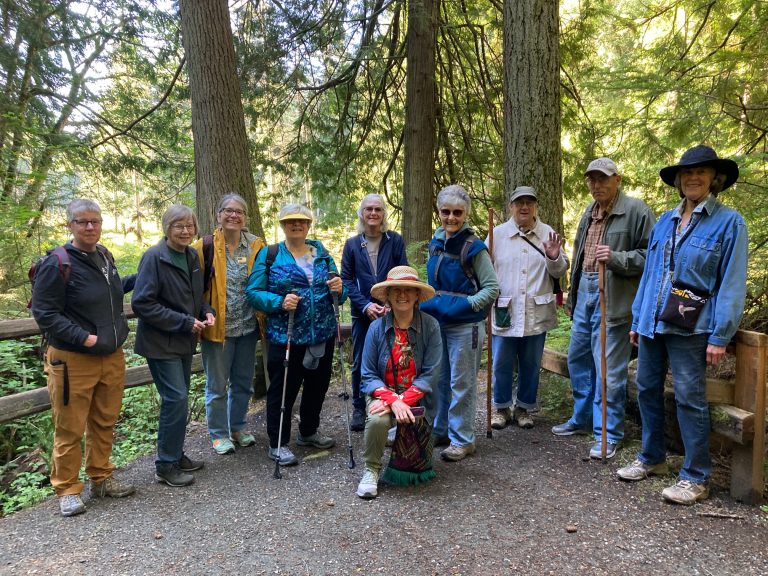
Brain Health is Everybody’s Business is contributed by Kelsey Lovic, Dementia Programs Specialist
www.nwrcwa.org This article is published in the Spring/Summer, 2024 Edition of Vibrant Senior Options Resource Guide Magazine.
We all know somebody who struggles with their memory. They may or may not have an official diagnosis of some kind. Perhaps you are wondering about your own brain health. There are hundreds of conditions known as “neurodegenerative diseases.” While some come down to genetics, or luck, there are steps that we can take to improve our brain health and lower the likelihood of developing disease.
Healthy Diet
A general rule of thumb is that “what is good for the heart is good for the brain.” Maintaining a healthy diet and avoiding a sedentary lifestyle are important factors for cardiovascular health which, in turn, benefits the brain. There has been a lot of attention in recent media about specific diets or supplements that claim to prevent or reverse memory loss. Proceed with caution. For most people, keeping a balanced diet rich in fruit, vegetables, and lean proteins is sufficient for maintaining overall health. Talk to your health care provider before changing your diet or starting a new exercise program.
Maintain Fitness and Balance
Exercise should be something you can enjoy on a regular basis. Incorporating more movement into your day can help reduce the risk of falling. Falling puts us at a higher risk of brain injury, which can contribute to likelihood of developing long-term thinking or behavior problems. Simple modifications to home environments, such as installing grab bars in the shower, will prevent the risk of falls. Check with your local community center to see if there is a group fitness class that you may be able to participate in, such as Tai-Chi, that can keep you moving and improve overall balance.
Regular check-ups
Other factors that improve brain function include things like staying up to date with regular preventative health care visits, vision and hearing screenings, and making sure you are getting enough sleep.
Determine a Cognitive Baseline
Finally, know your baseline. Many people notice a slowing down of brain function as they age, maybe taking longer to recall a word or occasionally misplacing objects. However, dementia is NOT a part of typical aging. You can learn what is typical for you by completing a simple cognitive screening as part of your annual wellness exam. Then if there is a deviation it can be addressed right away. There are many factors that can impact memory and some of them are easily reversible.
Talk About Brain Health
Talking openly and honestly about brain health will help to reduce the stigma around neurodegenerative diseases such as dementia. Timely intervention can make all the difference in getting an early and accurate diagnosis and getting connected with relevant supports and services. Routine cognitive screenings should be viewed no differently than blood pressure readings or colonoscopies.
To learn more about brain health visit: www.nia.nih.gov/health/brain-health
Kelsey Lovik, Dementia Program Specialist
Northwest Regional Council
Email: nwrcdementia@dshs.wa.gov
Website: www.nwrcwa.org





















